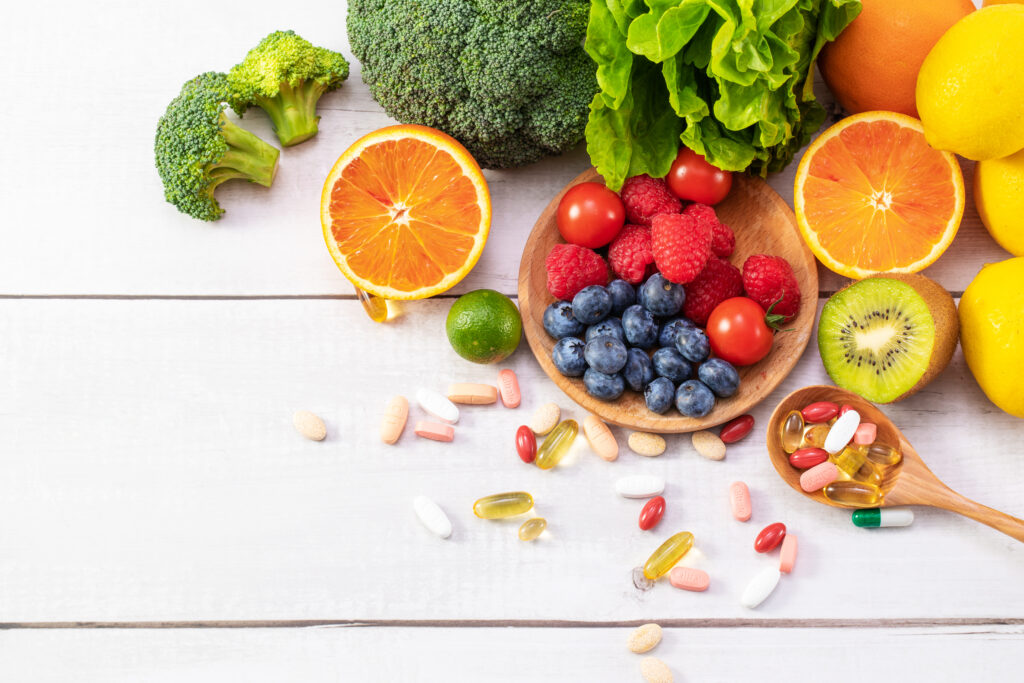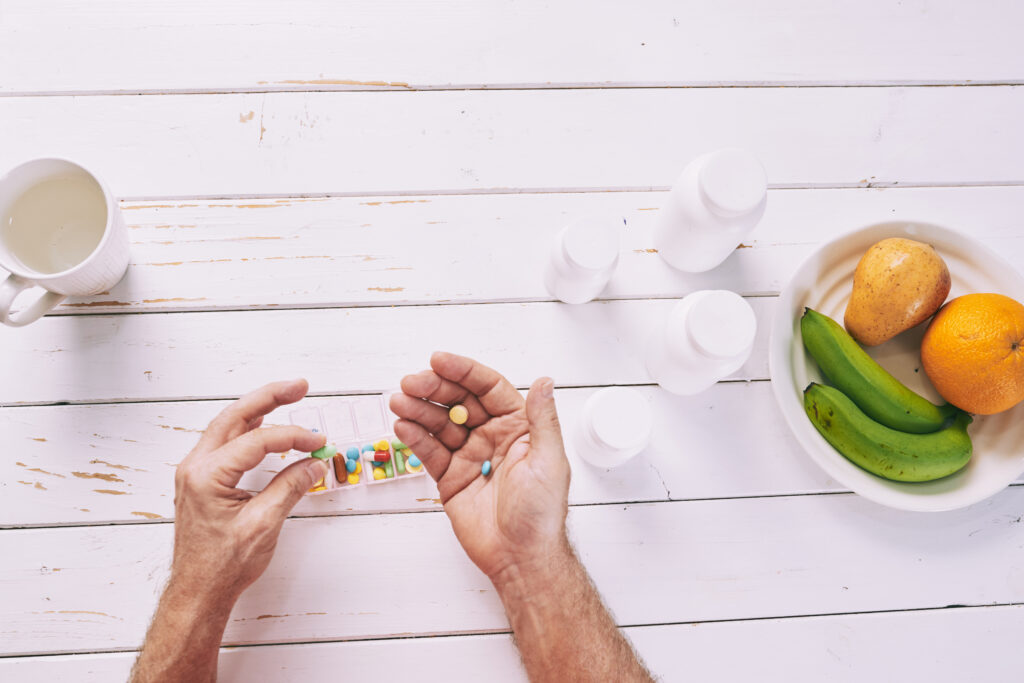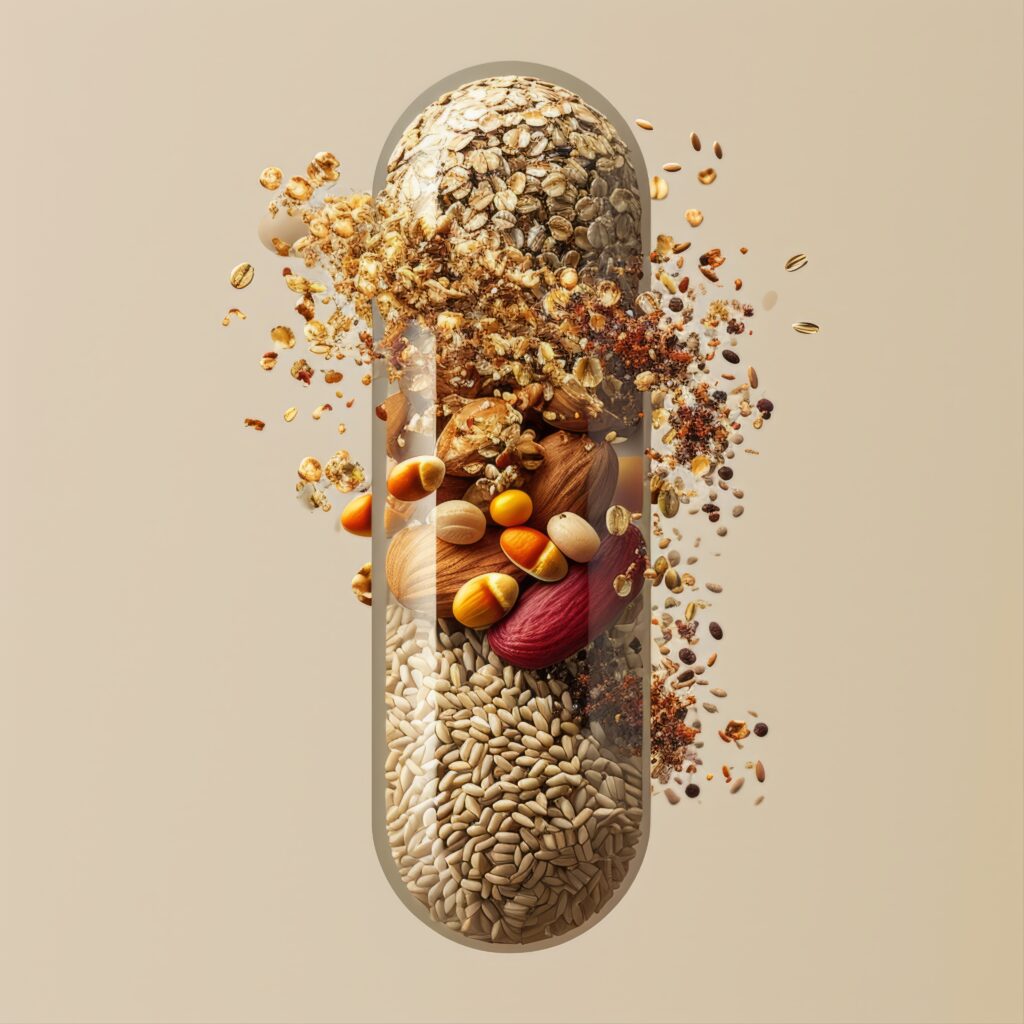Are you looking for a natural-looking hairline growth solution, or want to eliminate those bald patches? Then, Hair transplant helps you achieve realistic and permanent hair growth results. However, before jumping straight to the treatment option, it’s essential to acquire knowledge about nutritional supplements for hair transplant success for a long-lasting effect.
At Dalaapin Care, we guide you on how diet affects hair transplant outcomes with minimal effort and maximum effect. Let’s explore a comprehensive nutritional guideline that yields the best post-transplant results.
Why Nutrition Is Important For Hair Health?
If you are thinking that only undergoing a transplant gives you achievable, healthy hair results, it’s completely wrong. Treatment is a part, but maintenance and a balanced diet are the two most important factors for hair regrowth. Hair follicles require vital nutrients to grow and thrive, giving you the best hair restoration functionality. Poor nutrition leads to hair thinning, breakage, or even hair loss. Here comes the role of Dalaapin care hair transplant nutritional guidelines for a faster, healthier, and practical hair regrowth effect.
Important Nutritional Factors That Affect Hair Growth-
Several nutritional factors affect hair growth that directly impact Hair Transplant Results. Let’s discuss each factor and its importance in hair restoration.
- Protein– It acts as a building block for hair thickening.
- Micronutrients- Covers all essential vitamins and minerals, and contributes to avoiding hair loss for faster healing after a transplant.
- Biotin – It plays a major role in hair strengthening and growth.
- Hydration– The more you hydrate yourself, the greater blood flow you get, thus, a healthy hair containing all nutritional factors.
Without these necessary nutrients, both your body and hair health are affected badly. So, it is essential to incorporate a balanced diet for hair transplant results.
Dietary And Nutritional Supplements For Hair Transplant Success-
After a hair transplant, you should give utmost attention to the immediate aftercare instructions prescribed by your hair transplant surgeon, along with a hair growth diet after transplant. From a protein diet to hydration, here is a complementary dietary regimen you must add to your regular eating habits.
- Protein-Rich Diet Post-Hair Transplant-
For faster healing and thicker hair, protein-packed food items are necessary. Include Chicken breasts and fatty fish rich in Omega-3 fatty acids. Some Indian fishes such as Mackerel, Rohu, Sardines, Surmai, Pomfret, and catla fish are rich in Omega 3 fatty acids.
According to the Odisha hair restoration diet guide, to balance out your animal-based protein and fat intake, some plant-based protein sources are required. You can add paneer (cottage cheese), lentils, and beans, into your meals.
Include some good antioxidants like Walnuts, almonds, flaxseeds, and low-fat dairy items like milk, curd, etc., which are sources of calcium and biotin. Prepare meals that contain low carbohydrates and healthy fats.
- Vitamins For Major Hair Development-
Some important vitamins for hair graft survival include vitamin A( a source of synthesis of sebum) helps in scalp hydration, Vitamin B( B3 and B7) improves scalp metabolism, and vitamin C & E to protect hair from environmental factors.
Take natural food sources like Eggs, sweet potatoes, Spinach, oranges, sunflower seeds, bell peppers, almonds, whole grains, and lots of fruits and vegetables. Additionally, you can take medicinal supplements such as multivitamins for a good combined effect.
- Minerals For Additional Effects-
In terms of minerals, Iron, Zinc, and Copper are 3 important nutrients that help in faster hair growth and protect your hair from dandruff, and boost collagen production. Prepare meals that contain lentils, beans, chickpeas, pumpkin seeds, and leafy vegetables.
You can eat a small amount of dark chocolate rich in copper, which must be recommended by your dietitian. You can also have some boiled peanuts, mushrooms, and sesame seeds, which are a good source of zinc and copper. Eating good, homely-cooked, best foods after a hair transplant gives you the desired after-effect.
- Drink Lots Of Water-
To control natural oil secretion in the hair, drinking water in sufficient amounts keeps you hydrated and balances your body’s pH level. This also helps in preventing dry scalp, thus reducing the chance of dandruff problems.
If you want to stay hydrated but get bored with plain water, you can add flavors like lemon, orange, cucumber, and some mint for sober drinks with healthy habits. You can also drink coconut water, which is a great source of calcium and keeps you hydrated for a long time.
Always check your urine color; if it is pale yellow, then increase your water consumption habits. If your urine is more than pale yellow and towards brown, then it is a sign of dehydration. Make a habit of drinking 3-4 liters of water regularly.

What You Should Avoid When It Comes To Foods After A Hair Transplant-
- Avoid eating spicy food that results in high sweating, as it can damage your newly grafted hair follicles.
- Stop eating processed or packaged foods or beverages, as they are high in calories and sugars and low in protein.
- Completely refrain from alcohol or tobacco consumption, as they can delay the hair transplant healing process.
- Don’t eat overly salty food, as it can negatively affect transplant swelling. It causes water retention due to sodium-water interaction.
Where To Get a Personalized Post-Hair Transplant Diet In Bhubaneswar?
If you are planning to try a hair transplant in Odisha, and are curious about the after-effects, then Dalaapin Care hair transplant nutritional guidelines and aftercare instructions help you understand the entire procedure for satisfactory results. Hurry up and book your appointment from Dalaapin Care- the leading hair transplant clinic in Bhubaneswar, Odisha.


